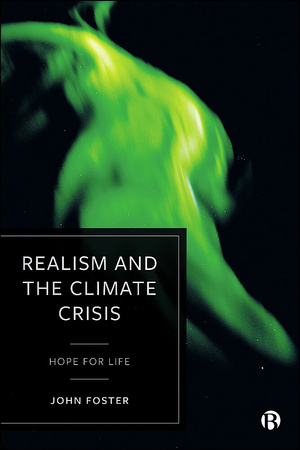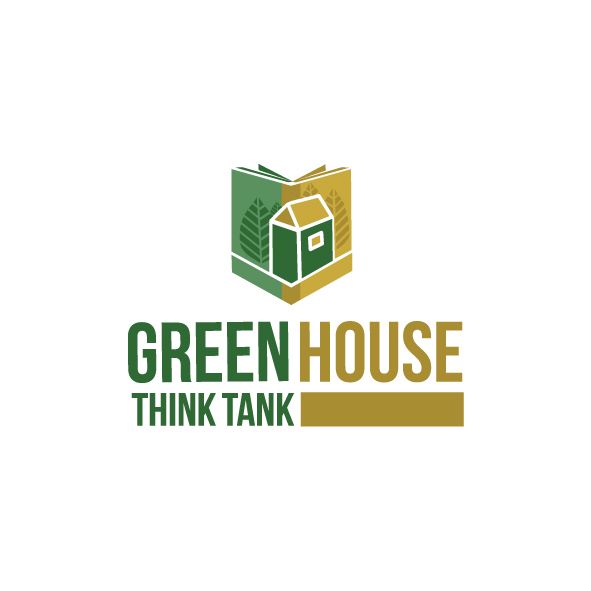
Averting climate catastrophe – can democracy cut it?
How should people respond to the Climate Emergency? This gas is an exchange between Jem Bendell, and John Foster around a critical question of our times: Can democratic action now avert climate and ecological catastrophe. If so, in what form? If not, shouldn’t we be considering alternatives?
In order to facilitate debate on such critical issues, Green House Think Tank publishes material about which its active core members may have reservations, sometimes even strong ones, but which they consider worth reflecting on and debating, although views published remain those of the authors, not of Green House collectively.
How should people respond to the Climate Emergency?
Can democratic action now avert climate and ecological catastrophe and if not, what else should we be canvassing? Jem Bendell and John Foster take different stances on this question, which Green House Think Tank believes must be confronted.
Key issues here might be:
- What is the likelihood of limiting climate change if we wait for electoral democracy to deliver?
- Are deliberative democracy or other forms of citizen action likely to do any better?
- What risks are inherent in bypassing democracy? Can they outweigh the risk of human extinction?
- If this is really the choice people face, which course of action is least undesirable?
Many people, and our society as a whole, tend to avoid such thorny questions, as the only route through them requires listening to hard truths, accepting difficult compromises, and grappling with the world as it is, not as we’d like to believe it to be. However in spite of this others have also considered the implications of these questions, and the predicament they present. For example Dougald Hine’s and Chris Smaje’s recent books, take very different perspectives whilst considering the same fundamental reality.
This discussion piece came about because Jem Bendell had expressed (via the platform ‘X’ formerly known as Twitter) disagreement with a piece which John Foster had written and Green House Think Tank had published. Green House Think Tank invited Jem to lay out his argument for publication along with a response from John. This discussion gas was the result. The disagreement was initially raised by a paragraph in John’s review of Rupert Read’s new book Do You Want to Know the Truth?, expressing the hope that Read’s proposed ‘Climate Majority’ would develop quickly into a self-recognised revolutionary vanguard.
Jem’s latest book “Breaking Together: a freedom-loving response to collapse.”, from which some of his argument below is an edited excerpt, is available here paperback/hardback/kindle. Published by The Schumacher Institute.

John Foster’s Book Realism and the Climate Crisis: Hope for Life also engages with this subject and is published by Bristol University Press.







